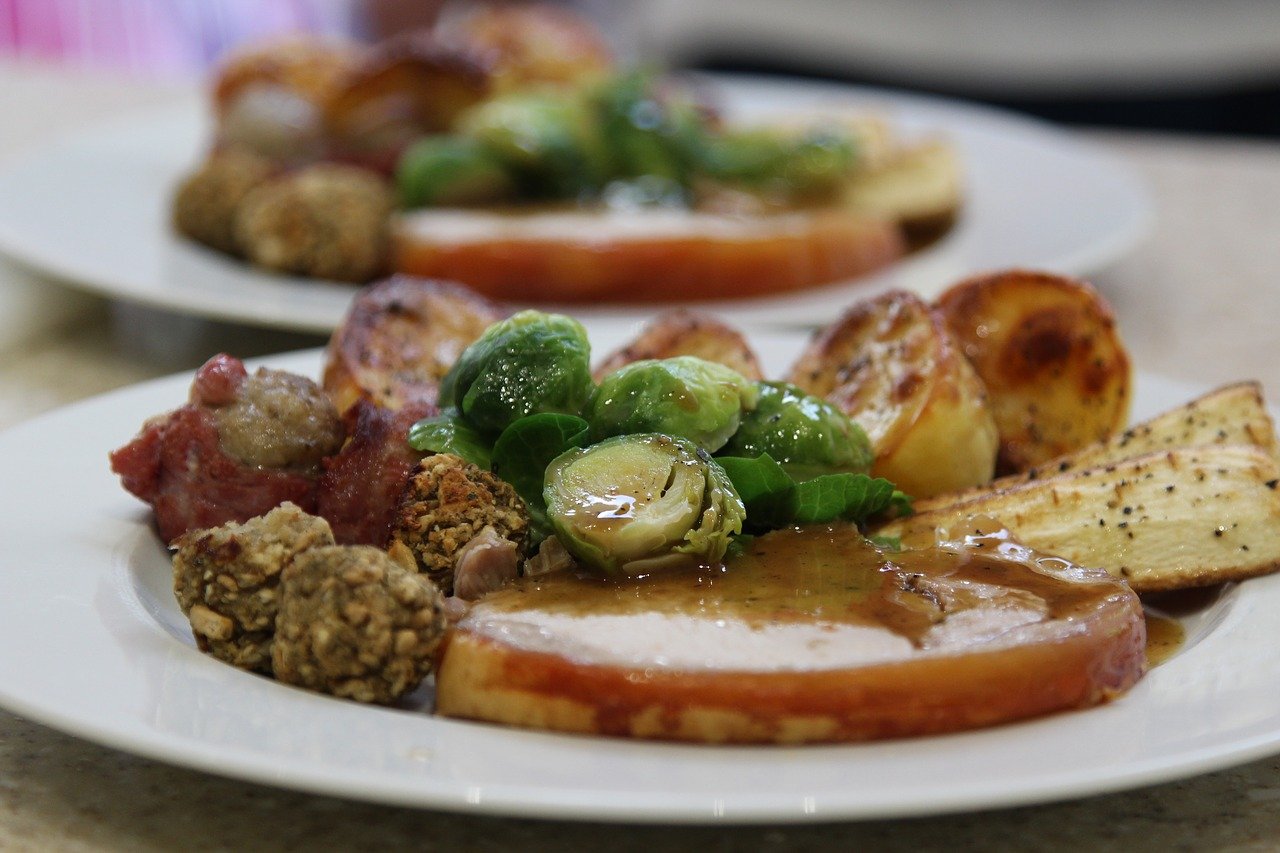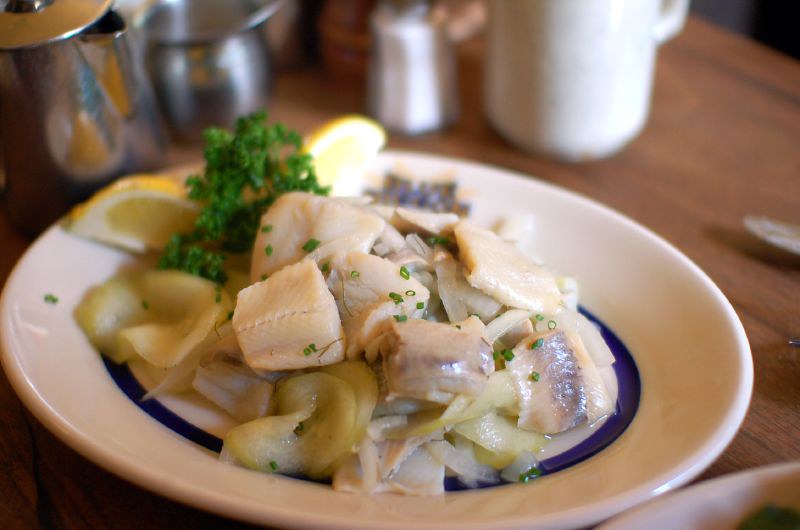There’s no denying it. Christmas is on its way whether we like it or not (I certainly don’t!) Bonfire night, and Thanksgiving have yet to take place but any trip to the shops will see Christmas chocolates, cards, and festive family biscuit tins lining the shelves.
But what about a Christmas without the traditional turkey roast dinner? We’ve seen our fair share of shortages in the shops over the past year (48 loo rolls anyone?), but the newest headline to hit the papers is that there may not be enough turkeys for everyone come December.
Between the loss of European labour and a rise in demand for small turkeys, the Traditional Farm Fresh Turkey Association (TFTA) has warned of a lack of turkeys for Christmas day, stating that they have already had five times the demand than this time last year. However, this is no reason to cancel Christmas just yet.
The Marine Stewardship Council (MSC), in charge of assessing and promoting sustainability in fishing, have suggested that a great alternative would be sustainable fish for Christmas dinner. They have recently released figures showing the general public is more comfortable than ever buying and cooking sustainable fish at home. During the pandemic the rise in “at home” cooking saw sustainable seafood sales rise by 30%, reaching record highs of $13 billion during 2020-2021. During this period the number of MSC certified fisheries also increased to make up 14% of all marine fishing, and now operate in over 45 thousand organisations.
The MSC believes that this increase in sales is a combination of improved awareness and interest in “saving the oceans,” alongside sustainability commitments from major retailers, coming at a time when nearly all our day-to-day habits were forced to change.
If environmental consciousness is truly rising in society, then the lack of turkey availability could help to further attempts to reduce our carbon footprint and impact on the environment. Meat is a major contributor to climate change and greenhouse gas emissions therefore a sustainable fish, or plant-based dinner is by far the more sustainable choice, on top of providing considerable health benefits. Some have even pointed out that turkey isn’t often regarded as the tastiest of foods, becoming a staple at Christmas dinner only in Victorian times and upheld as a tradition mostly through advertising rather than public choice or important history.
Turkey roast, or a vegetarian feast, the fact remains that most families look forward to something special on December 25th, and perhaps a tuna sandwich won’t cut it. However, we don’t have to look far for festive sustainable fish-based dinner ideas, with plenty in European, Scandinavian and American cultures.
One of the most famous is the Italian American Feast of Seven Fishes; a Christmas Eve meal made from seven fish platters including salt cod, baked cod, calamari, fried shrimp, clam or lobster pasta, octopus salad and shrimp cocktail, in keeping with the symbolic number seven from the bible.
A smorgasbord approach is also traditional to Sweden, where pickled herring and cured salmon accompany bread, pate, and vegetables on Christmas day. In Poland, carp and herring platters form part of the staple Wiglia dinner of vegetarian soups, salads and pierogi before a variety of desserts such as gingerbread and poppyseed cake.
In Montenegro and the Czech Republic fish acts as more of a centrepiece. In the former it is not unheard of for religious families to fast for 40 days before Christmas, before breaking this on Christmas day with a large meal of fish, beans and potato. The Czech tradition also sees a Christmas Eve fast before a grand meal of fried fish with potatoes.
Whether this article has provided motivation to get those turkey orders in early, or inspiration to change it up this Christmas, perhaps we should take a minute to remember that Christmas is more than turkey. Enjoying time with loved ones, or making time for yourself is more important than what’s on the table. If you’ve been pretending to smile whilst chewing the traditional dry, overcooked and unseasoned turkey at the dinner table, perhaps this is the year it’s time to make a change for the environment, and everyone else at the table.



